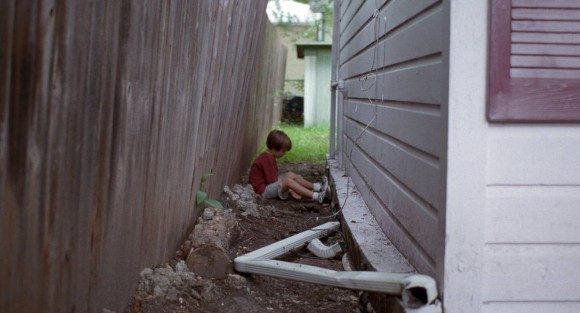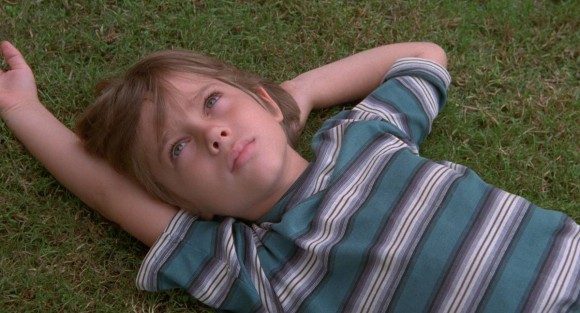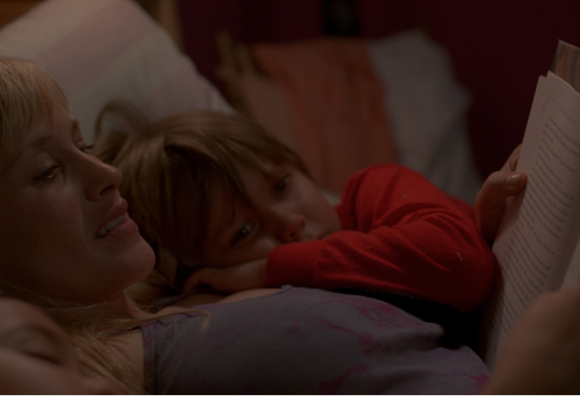I’m not sure if I had a singular “most anticipated movie of the festival,” but there were a handful I was seriously looking forward to, and Richard Linklater’s Boyhood was definitely one of them. I was not alone; in line this morning to get SXXpress passes for the screenings I was attending today (basically front-of-the-line passes for the first 20% of the audience) it seemed like Boyhood was all at least half of the people there could talk about. In part, I think it’s because it’s only scheduled to screen the once during the whole SXSW Film Festival, but the excitement was there nonetheless. Forget James Cameron and the half a billion dollars he spent on Avatar, forget Terrence Malik and his high-concept visual communication, Boyhood has to be one of the most ambitious pictures theoretically groomed for some kind of semi-major release ever. The film was shot over the course of 13 years, and follows the same characters over that period of time, namely a boy named Mason.


All of the images the production has been releasing show Ellar as a young boy. Probably not a bad idea; the benefit of not seeing the young man he grows into until you get there in the movie is worth preserving.
From a sheer logistical perspective, Boyhood is a marvel. By rights, it shouldn’t exist, an that means that there’s something very unique on screen as we literally watch a boy (and his rather complicated family) age before our very eyes. No age makeup, no actor switches, just actual people actually getting older. Linklater would catch up with the cast for a few weeks every year to film another piece of the movie, resulting in a film that feels very much divided by chapters. As you might expect, the preteen years are especially jarring as Mason (played by Ellar Salmon) sprouts before our eyes. I was reminded not a little of the way Shane (Alexander Gould) grows over the course of the TV show Weeds, except this takes place over about three hours.
It does feel like this film is more high-concept filmmaking curio than it is carefully crafted narrative. It’s a bit heavy handed in its attempts to draw the story into some sort of conclusive meaning (really an impulse that the film medium almost requires, but one that ill fits this movie given the ever changing nature its subject matter), and there are some plot elements that feel repetitive (the whole movie runs a bit too long, probably enforced by the every-year nature of its structure). I wonder, too, how many narrative choices were impacted by factor’s outside the filmmaker’s control, like actors not wishing to return.
I wasn’t able to stay for the Q&A after the pic, but I’ll be taking part in a roundtable tomorrow and hopefully be able to get some more info about what I’m sure is a very interesting tale of the making of this movie. Look for that, plus a full review of the film with some further thoughts on the pic itself, in the coming days.



